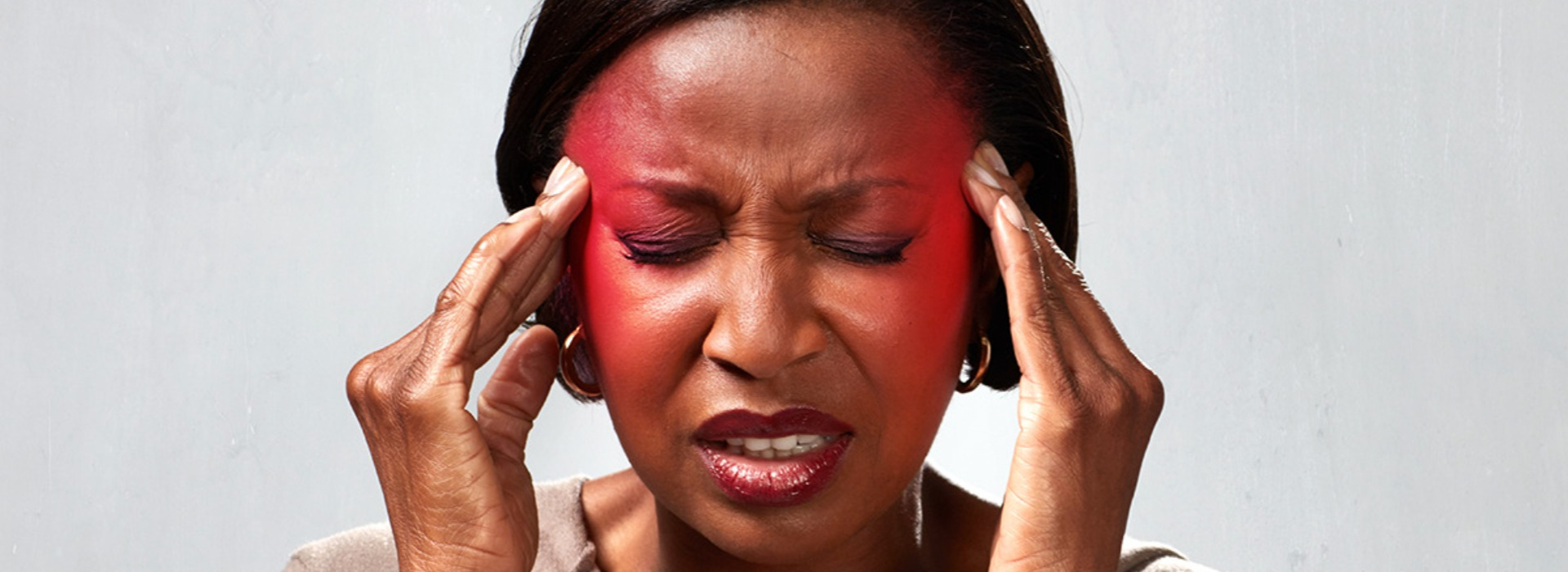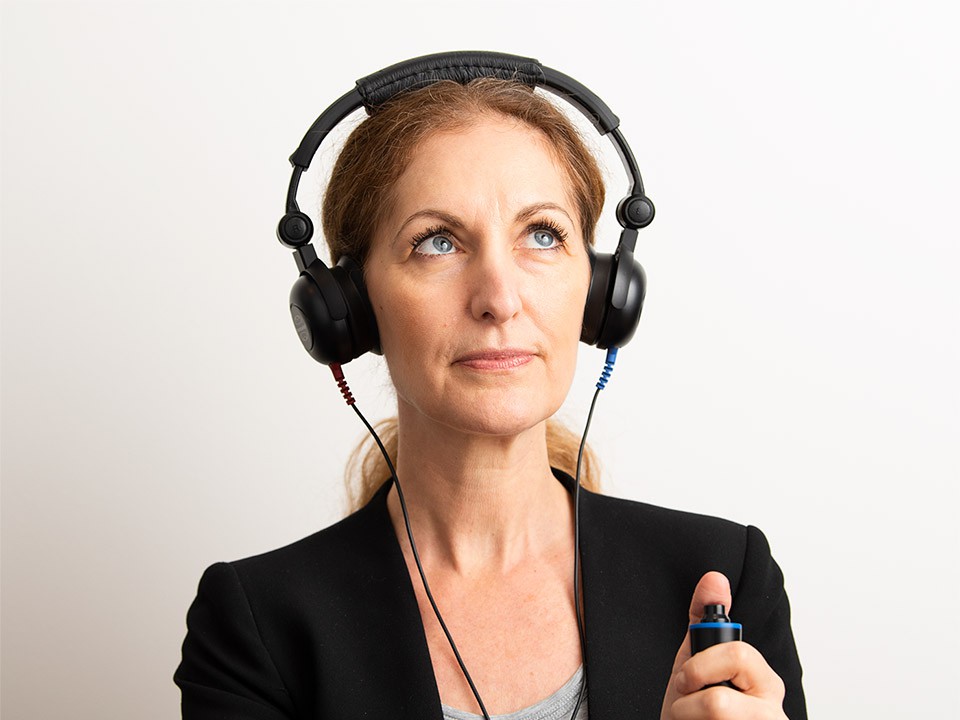What Is Menieres Disease?
Menieres disease is a condition that affects the inner ear and causes episodes of dizziness and hearing loss, including tinnitus. It is believed that symptoms are caused by an increase in fluid in the inner ear, and the condition is progressive. It is normal for those with the condition to experience periods of remission between episodes of experiencing symptoms, and you should visit your doctor if you have bouts of dizziness, balance problems or tinnitus.
Hearing loss can be caused by many different factors, including loud noise exposure, genetics and illness. Menieres disease is a condition that leads to hearing loss, and if you or someone you know is affected by this, it can help to understand more about it.Here is our guide to Menieres Disease, including the symptoms and potential treatments. If you are affected by this condition, you should talk to your doctor or audiologist about the best ways to address it. Different options can be helpful in different circumstances, so it is a good idea to find out as much as possible about your choices.

What Causes Meniere’s Disease?
- Meniere’s disease may run in families, and symptoms are made worse by stress. The following are also causes of Meniere’s disease:
- Increased pressure in the endolymphatic sac
- Chemical imbalances in inner ear fluid
- Some viral infections
- Head injury
- Changes in blood supply to the ear
- Abnormal immune responses
How Is Menieres Disease Treated?
There is not currently a cure for Menieres disease, but the following can be helpful in managing the symptoms and coping with daily life:
- Dietary changes. Certain foods can make the symptoms of Meniere’s disease worse, and it is believed that a low sodium diet could help by reducing fluid retention in the body. This means reducing added salt as well as processed foods, which are often high in sodium.
- Medication. Medication is often prescribed to reduce the intensity and frequency of bouts of sickness and dizziness, as well as diuretic medication that aims to control the salt levels in the body and the fluid levels in the inner ear. These medications may have side effects and may not be suitable for some people, so you should discuss the options with your doctor.
- Vestibular rehabilitation physiotherapy. Vestibular rehabilitation therapy, or balance retraining therapy, can be a useful way to address the dizziness caused by Meniere’s disease and help to change the way in which balance information is processed using specific exercises.
- Surgery. Some people with severe dizziness symptoms are offered surgical treatment to help to control this. There are many different potential surgical treatments, and you will be advised about the best options for you.
- CBT and counselling. Cognitive behavioural therapy and counselling can help those with Meniere’s disease to cope with the condition and the isolation and distress which often accompany it. These can be very useful tools and you can discuss access to them with your doctor.
Hidden Hearing is Ireland’s leading private provider of hearing care solutions, and our national network includes over 80 and clinics. We have an excellent variety of hearing aids, including small and highly sensitive models that are invisible to other people, and you can try these when you visit your clinic.
If you are concerned about your hearing, contact us as soon as possible to book a free hearing test and talk to our audiologists about your experiences. Hearing loss can deteriorate quickly and lead to many general health problems, such as dementia and depression, but many people feel worried about visiting a hearing clinic. Our expert audiologists are committed to finding the best solutions for you and your lifestyle, so don’t put off seeking help.



